Janice Morgan is the coordinator of the Louisville Metro EMS Training Center, which spreads across 80+ sites with more than 1,500 Instructors. She is an AHA Hands-Only CPR Instructor, a passionate advocate of improving CPR training for both medical professionals and the public at-large, and seeks to make Kentucky a national leader in adoption of RQI for first responders.

Ms. Morgan, thank you for talking with us. Would you give us your background?
I began my career as a paramedic with Jefferson County (KY) EMS, now Louisville Metro EMS. I accepted the position of Louisville Metro EMS Training Center Coordinator in 2012.
In your current role, is there an initiative you’re particularly proud of?
Through a partnership with the Kentucky Refugee Ministries, Catholic Charities USA and Americana World Community Centers, we’ve undertaken an intense effort to train refugees relocated into Kentucky in Hands-Only CPR (HOCPR). We are also working with a grant project funded through Jewish Foundation of Louisville to distribute CPR kits and train people in underserved areas, including but not limited to refugees.
Through the HOCPR program, we train these communities in how to save a life. It can be difficult for those who don’t speak English well to communicate with 911 operators, so it’s important to us – from an EMS standpoint – for them to know and perform the necessary steps that will help a potential cardiac arrest victim. Nepali, Kurdish, Farsi, Congolese…those are just a few of the 28 native tongues we have worked with.
In addition to community-based CPR training, you’re a big advocate of American Heart Association’s Resuscitation Quality Improvement (RQI). Tell me more.
We really want RQI in Louisville. Our training center has joined forces with the Louisville Police and Fire Departments to consider implementing the program and possibly share the investment cost.
RQI is in about 200+ U.S. hospitals, but only two out-of-hospital systems currently employ it. I’d like to make Louisville a national leader in RQI pre-hospital training; it could make a difference in saving lives.
For our readers who may be unfamiliar, would you describe RQI for us?
AHA’s RQI program centers around CPR training performed on an automated manikin that records and tracks your progress. You complete a few minutes of compressions on the manikin quarterly as opposed to undertaking a bi-annual certification. The benefits are that you refresh your skills frequently, get instant feedback from the computer, and receive regular extensions on your certification as opposed to having these long gaps between trainings. Even better, the manikins would be conveniently located throughout Louisville for quick and easy use by our contributing departments.
The program in particular helps medical practitioners who may not use CPR on a regular basis, such as a psychiatric nurse or dentist, but who still need or want the training. It keeps their skills sharp and the knowledge forefront.
And what of the system’s impact on Instructors like you?
I’m a huge fan of the system, obviously. It keeps skills fresh and removes human subjectivity by standardizing the procedure. That said, it doesn’t eliminate the need for professional Instructors. Someone still needs to conduct the initial training. Someone needs to oversee the computers. And someone needs to be available should the manikin break or computers experience a glitch.
In short, RQI is one more tool in our arsenal to promote quality, consistent CPR training.

That’s actually the Go Red for Women team here in Louisville that I work closely with…..lol…..not my CPR Center team.
However, they are still a great team!!!! 🙂
Price of cards going up to 17.00 is outrageous
Really. I know you say you reduced the price of the book that this is not fair. People will move to other organization for their training
Thank you AHA for your continuous caring support for the general public ( cardiovascular disease and stroke awareness).